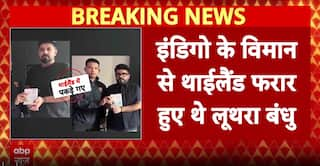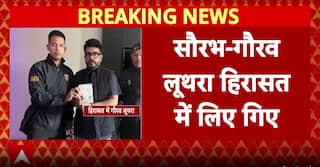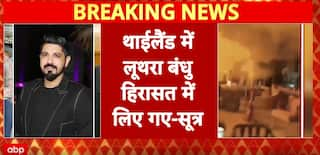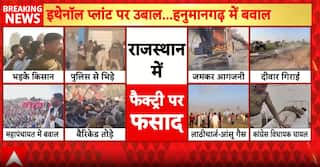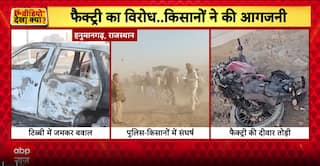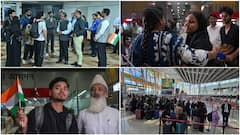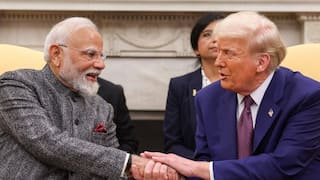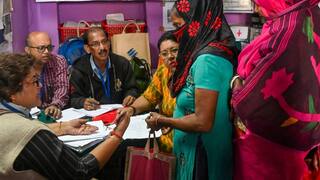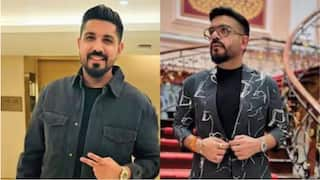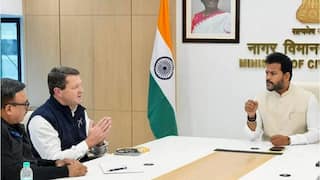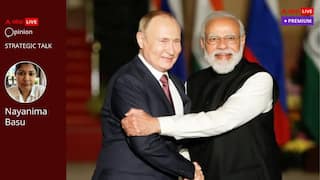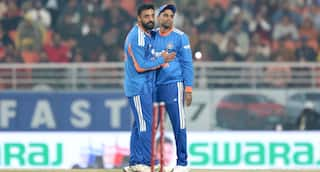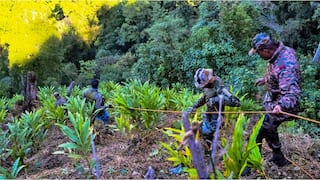Why February 21 Is Observed As International Mother Language Day? All About 'Ekushe' February
International Mother Language Day: The UNESCO declared February 21 as International Mother Language Day recognising Bangladesh's battle and sacrifices made for Bangla.

To promote cultural and linguistic diversity, UNESCO has designated February 21 as International Mother Language Day. The 24th edition of International Mother Language Day will focus on the theme "multilingual education - a necessity to transform education".
This year, the event organised by UNESCO to commemorate the day will explore and debate the potential of multilingualism to transform education from a lifelong learning perspective and in different contexts.
The day was established on the initiative of Bangladesh and was approved at the 1999 UNESCO General Conference. Since then, February 21 has been observed as Mother Language Day throughout the world.
The day holds special significance for the Bengali community, whether from Bengal, Bangladesh, or any other part of the world. Bengalis observe February 21, or Ekushe February, as 'Matribhasha Diwas' or Shahid Diwas.
The annals of world history doesn't have many examples of revolutionaries giving up their lives to save their language. But this happened for Bangla and on this day people in West Bengal and Bangladesh pay homage to those who had sacrificed their lives to provide an identity for the Bengali language.
There are nearly 6500 languages in our world and Bangla is the sixth most spoken language in the world today.
International Mother Language Day History - Rise Of Bengali Language Movement
To know the backstory of the Bengali Language Movement, we have to go back to the year 1947. The Partition resulted in Hindu-majority West Bengal becoming a part of India, while Muslim-majority East Bengal (now Bangladesh) was declared a part of Pakistan.
East Pakistan (now Bangladesh) and West Pakistan (now Pakistan) were separated from each other by more than 1,600 kilometers -- not just by distance but also socially, culturally and linguistically.
At an education summit in 1947 in Karachi, the West-Pakistani dominated government held that Urdu would be the only language taught in schools and Bangla was removed as a school subject. The language was also taken off official currency and stamps.
On February 23, 1948, at the first session of the Pakistan Legislative Assembly, Dhirendranath Datta, a lawyer and political leader, proposed that Bangla be made one of the languages of the Assembly along with English and Urdu. However, the proposal was rejected.
The development was vehemently protested by Bengali student leaders, giving rise to the Bengali Language Movement.
Amid the unrest, then Governor General of Pakistan Muhammad Ali Jinnah visited Dhaka and reiterated that "Urdu and only Urdu" would be the official state language, only making things worse.
"...let me make it clear to you that the state language of Pakistan is going to be Urdu and no other language. Anyone who tries to mislead [you] is merely the enemy of Pakistan. Without one state language, no nation can remain tied up solidly together and function," Jinnah told a gathering of five lakh people.
To curb the protests, the government imposed a curfew and banned gatherings and rallies.
Matters came to a head on February 21, 1952, when a group of students of Dhaka University decided to defy Section 144 and led a procession demanding Bangla as the state language. This led to a face-off with police who fired tear gas to ward off the agitators and arrested several students.
The arrests only added fuel to fire and the demonstrators proceeded towards the legislature where a session of the East Bengal Legislative Assembly was about to begin. As the protesters tried to storm the legislature, police opned fire and five people named Abdus Salam, Abul Barkat, Rafiq Uddin Ahmed, Abdul Jabbar and Shafiur Rahman were killed.
The deaths of the people sparked massive outrage and led to further violent protests across the capital over the next few days.
On February 23, students constructed a Shaheed Minar (martyrs' memorial) on the spot where the five people were killed. Three days later, the police partly demolished the memorial.
The Pakistani government finally blinked under pressure and recognised Bangla as an official language in 1956.
The incident catalyzed the rise of nationalist movements in East Bengal, which was followed by a brutal liberation war that finally gave birth to an independent Bangladesh -- declared on Bijoy Dibosh, December 16, 1971.
The Shaheed Minar was then rebuilt and the University of Dhaka took over the responsibility of its maintenance. February 21 is a national holiday in Bangladesh.










